Acne scars can be stubborn reminders of past skin breakouts, often affecting one’s self-esteem and confidence. While there are various medical procedures to treat acne scars, many people seek natural alternatives that are gentler on the skin. Natural remedies can be effective in reducing the appearance of scars, promoting skin regeneration, and maintaining overall skin health. Below are seven well-research and time-test natural alternatives that work effectively in treating acne scars.
Aloe Vera: The Skin-Soothing Wonder
Aloe vera is one of the most popular natural remedies for skin healing, and its benefits for Acne Scar Treatment in Dubai (علاج ندبات حب الشباب في دبي) are well-document. Rich in vitamins, enzymes, and anti-inflammatory compounds, aloe vera helps repair damaged skin and promotes the regeneration of skin tissue. Its natural moisturizing properties also prevent excessive dryness and flaking, which can worsen scar visibility.
To use aloe vera, extract fresh gel from an aloe leaf and apply it directly to the scars. Let it sit for about 30 minutes before rinsing with lukewarm water. Consistent daily use can significantly reduce redness, soothe irritation, and enhance the skin’s overall texture over time.
Honey: Nature’s Healing Nectar
Raw honey, especially manuka or organic honey, is a powerful natural remedy for acne scars. Its antibacterial and antioxidant properties help to fade dark spots and support tissue regeneration. Honey also works as a natural humectant, keeping the skin hydrated and promoting a smoother appearance.
Applying honey directly to the scarred area and leaving it on for 20 to 30 minutes can gradually reduce discoloration. For benefits, honey can be mixed with cinnamon or turmeric to boost its healing properties. Regular application, two to three times a week, can lead to visible improvements in skin tone and texture.
Lemon Juice: Natural Lightening Agent
Lemon juice contains citric acid, which acts as a natural bleaching agent. It helps lighten hyperpigmented scars and exfoliates dead skin cells, allowing healthier skin to emerge. Vitamin C in lemon also supports collagen production, aiding in skin repair.
To use, dab a small amount of fresh lemon juice onto the affected areas with a cotton swab. Leave it for 10–15 minutes before washing off with water. Since lemon can make skin photosensitive, it’s important to use sunscreen afterward and avoid sun exposure immediately after application. Due to its potency, lemon juice should be used sparingly, about once or twice a week.
Rosehip Seed Oil: Rejuvenation in a Bottle
Rosehip seed oil is renown for its skin-regenerating properties. Packed with essential fatty acids, vitamin A, and antioxidants, it supports the healing of scarred tissue and helps improve skin tone and elasticity. It is particularly effective for atrophic scars (the indented scars left behind by severe acne).
This oil can be gently massaged into clean skin once or twice daily. Over time, it promotes cell turnover and helps reduce the depth and color of scars. Being non-comedogenic, rosehip seed oil is suitable even for oily or acne-prone skin types, making it a versatile choice for long-term scar management.
Apple Cider Vinegar: Gentle Exfoliation
Apple cider vinegar (ACV) acts as a mild chemical exfoliant due to its natural alpha-hydroxy acid content. It helps slough off dead skin cells, balance skin pH, and fade pigmentation caused by Acne Scar Treatment in Dubai (علاج ندبات حب الشباب). When diluted properly, it can be a safe and effective way to reduce the appearance of scars.
Mix one part ACV with three parts water and apply it with a cotton ball to the scarred area. Let it sit for 5–10 minutes, then rinse thoroughly. Overuse or using undiluted vinegar can irritate the skin, so it’s essential to do a patch test first and apply it only a few times a week.
Turmeric: The Golden Healer
Turmeric is widely known for its anti-inflammatory, antibacterial, and antioxidant properties. Curcumin, the active compound in turmeric, helps reduce pigmentation and supports the healing of scarred tissue. It also calms inflamed skin and can prevent future breakouts, making it a dual-purpose remedy.
To create a turmeric mask, mix turmeric powder with honey, yogurt, or aloe vera to form a paste. Apply it to the face or affected areas, leaving it on for 15–20 minutes before rinsing. Regular application two or three times weekly can lead to a brighter, more even complexion and less noticeable scars.
Cucumber and Green Tea: Calming and Rejuvenating
Cucumber and green tea are both known for their skin-soothing and revitalizing properties. Cucumber is rich in water and silica, which hydrates and cools the skin while reducing inflammation. Green tea, on the other hand, contains polyphenols that support skin repair and reduce oxidative stress, which contributes to scar formation.
Blend cucumber into a smooth paste or soak cotton pads in cooled green tea and apply them to the affected areas for 10–15 minutes. This natural treatment not only minimizes acne scars but also refreshes and tones the skin. Incorporating these ingredients into a regular skincare routine can help restore a more radiant and even skin tone.
Conclusion:
Natural treatments for acne scars can be incredibly effective when used consistently and with patience. They offer a gentler, more holistic approach to skin healing without relying on harsh chemicals. While results may take longer to appear compared to medical treatments, the long-term benefits of healthier, nourished skin are well worth the effort. Incorporating these natural remedies into your skincare regimen can help reduce the appearance of scars, improve skin texture, and restore your skin’s natural glow.



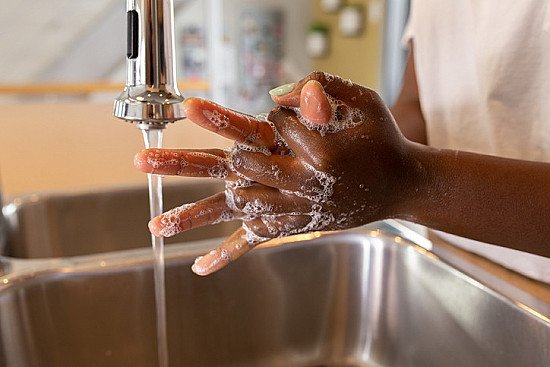

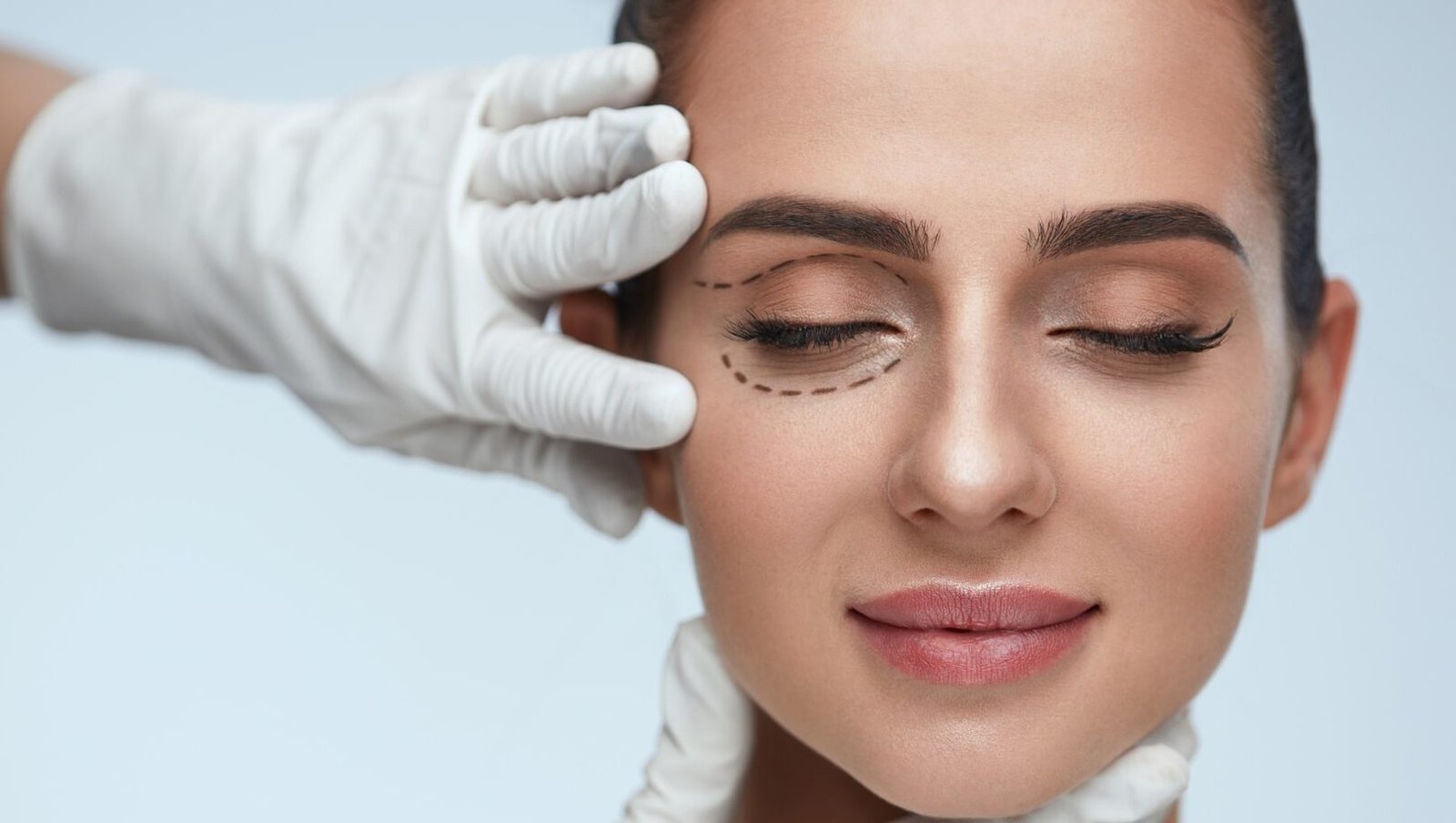

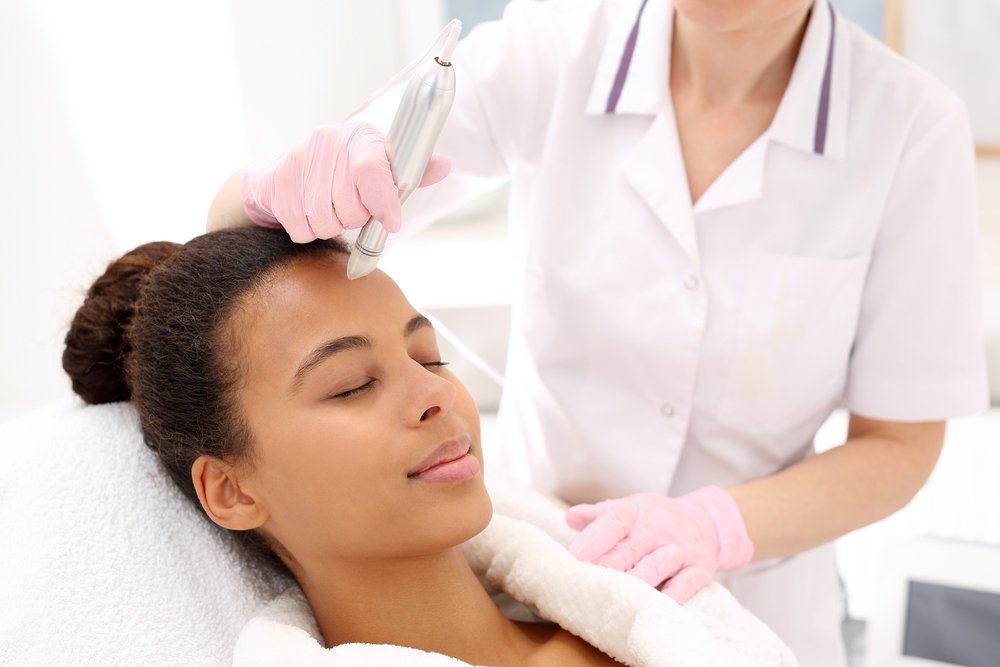
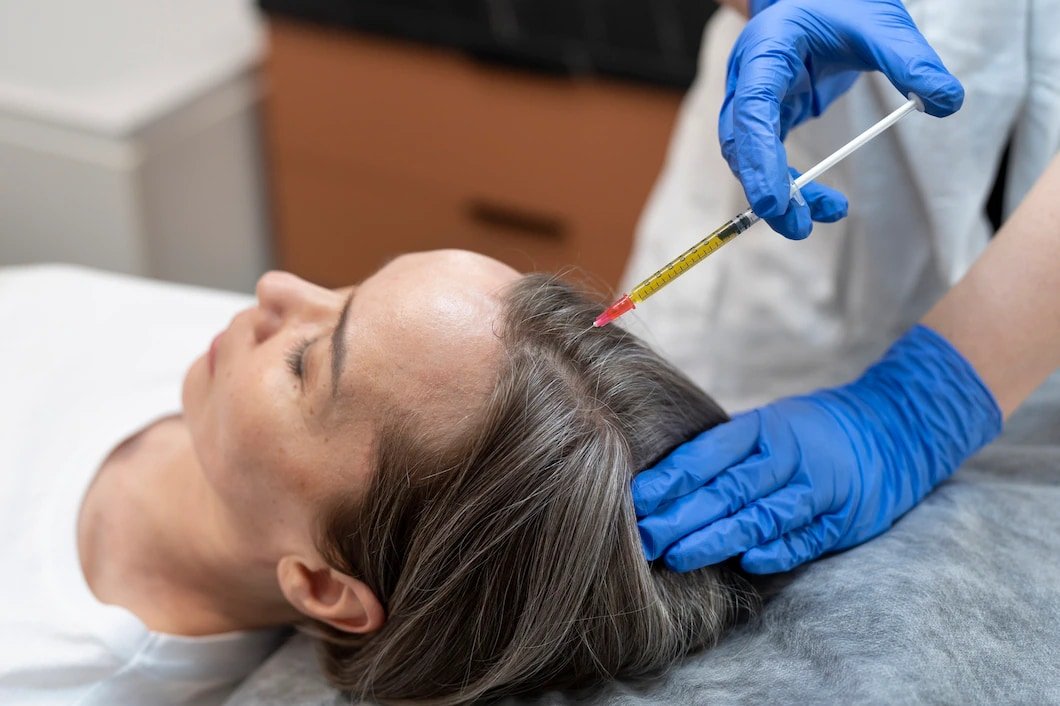

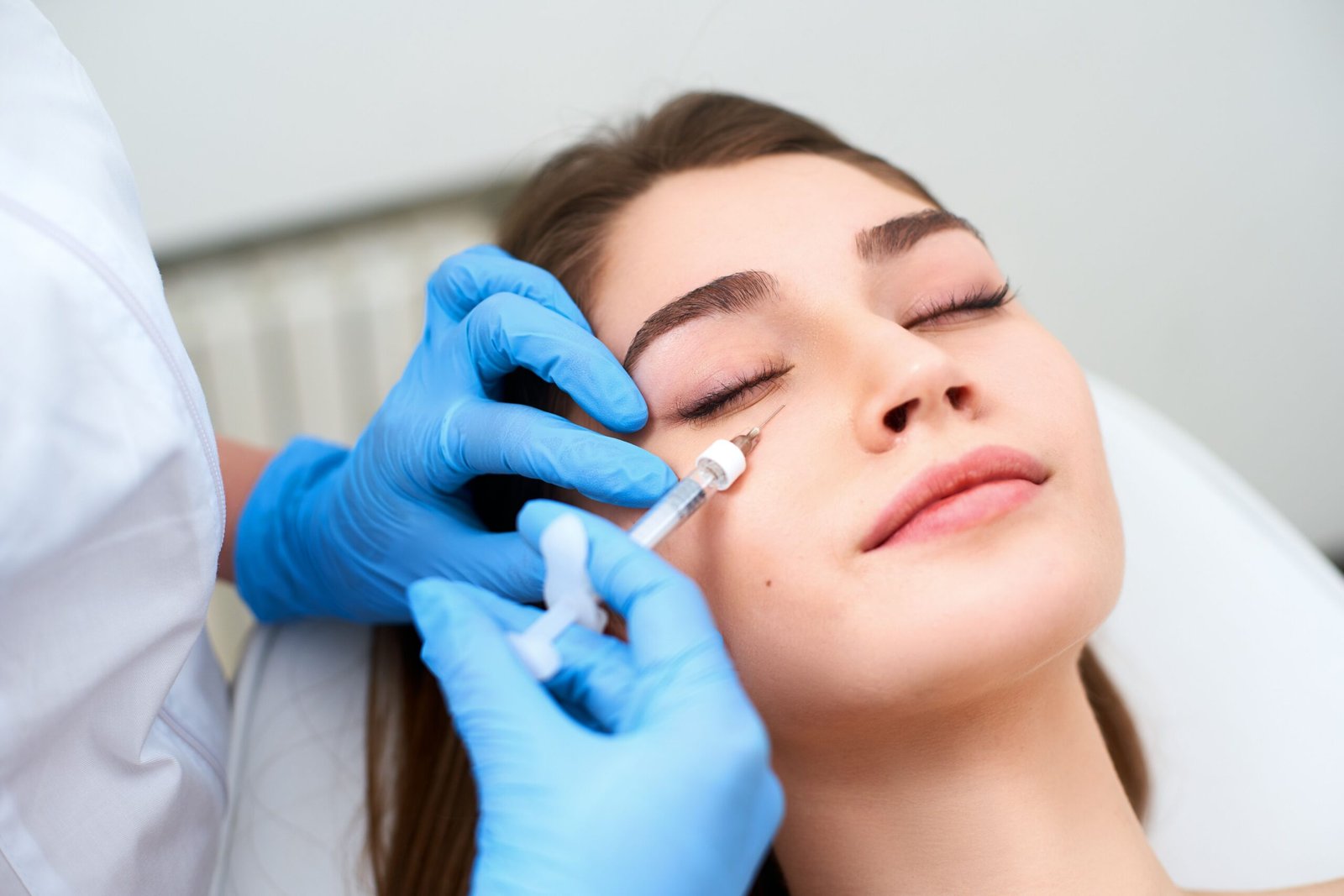





Leave a Reply